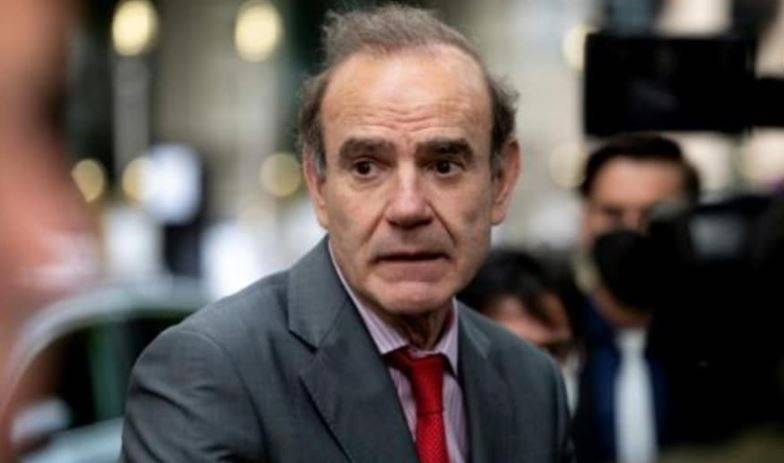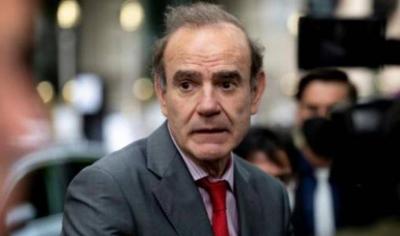Negotiators in the Iranian nuclear file announced on Wednesday at the conclusion of a new round of talks in Vienna aimed at bringing Tehran and Washington back to the 2015 agreement that "substantial progress" has been made and that the outlines of an agreement are beginning to take shape. At the end of the talks, European diplomat Enrique Mora, who heads the Joint Commission of the nuclear agreement, said, "We have made good progress. (There is) an agreement beginning to take shape."
Mora noted in a tweet the existence of a "common understanding" regarding the work that "still needs to be done in the United States" to return to the 2015 nuclear agreement to prevent Tehran from acquiring a nuclear bomb, which has been unstable since 2018 following then-President Donald Trump's decision to withdraw from it.
A mutual understanding must be reached between Iran and the United States, which is participating indirectly in the talks, regarding the lifting of sanctions imposed by Trump and the return of the Islamic Republic to full compliance with the terms of the agreement. The three European countries participating in the agreement (France, Germany, and the United Kingdom) stated in a joint statement that "on the nuclear and sanctions fronts, we are starting to see the frameworks of what the final agreement may look like. The data is different from what it was when we left last time."
However, representatives of the three countries stressed the need "not to underestimate the upcoming challenges" given "the complexity of some technical issues." The Iranian impression also seemed positive. Iranian President Hassan Rouhani spoke on Wednesday in a televised address about achieving "significant steps," as reported by the Islamic Republic News Agency (IRNA), promising that his country would emerge "victorious" from the negotiations.
However, the U.S. side was more reserved. State Department spokesperson Jalina Porter emphasized that "the last two rounds of talks have contributed to clarifying the options that must be taken by both Iran and the United States for both sides to return to the nuclear agreement."
The new round of talks is scheduled for early next week in the Austrian capital. However, Iran must first extend the "temporary" agreement signed in February with the International Atomic Energy Agency, which expires this week. The "technical bilateral agreement" announced on February 21 for three months allows UN inspectors to continue their fieldwork in the Islamic Republic, although a subsequent Iranian law restricted their activities.
Under the agreement, the Islamic Republic committed to provide all data from cameras and other sources if sanctions are lifted at the end of the three-month period. The three European countries stressed the "need for Iran to allow the International Atomic Energy Agency to continue necessary monitoring activities." They added that access to the agency to nuclear activity sites is essential for the success of the efforts we are making to revive the nuclear agreement.




